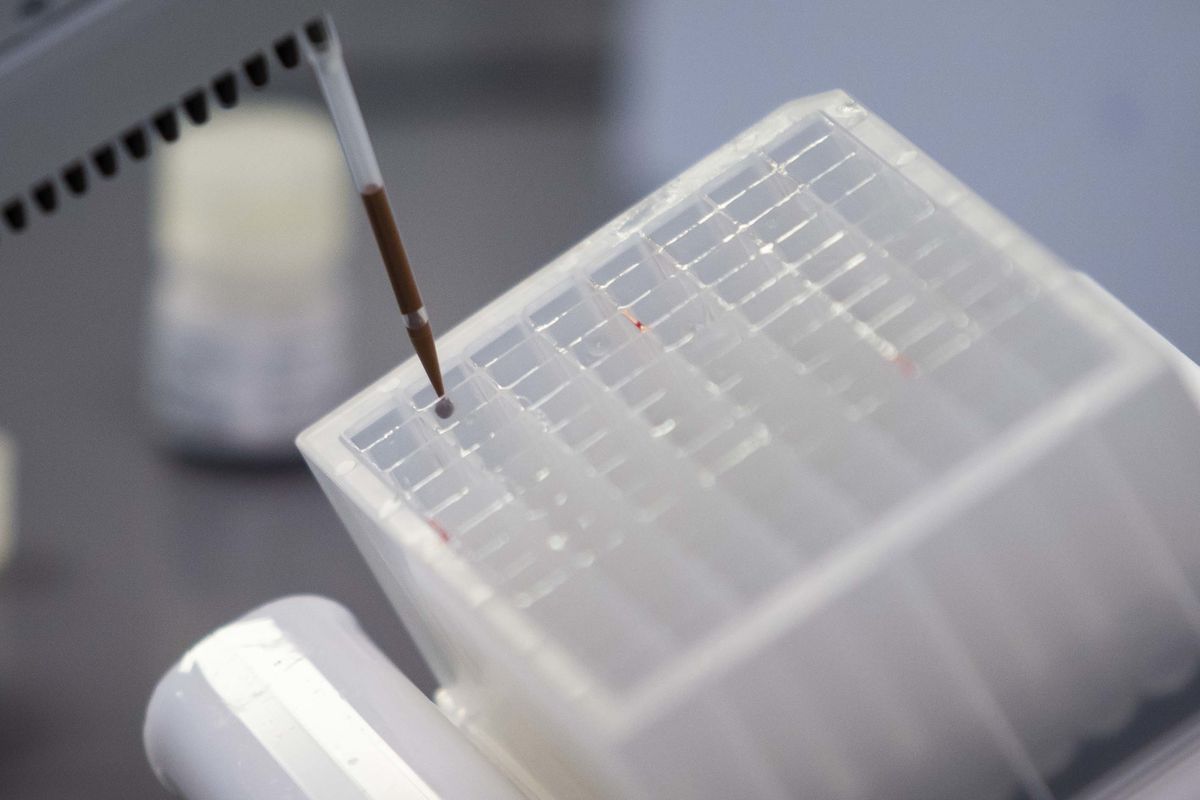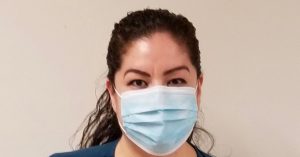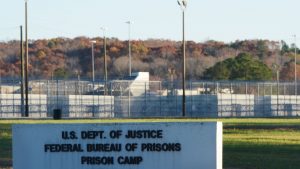Mayor Lori Lightfoot has said she expects a “whole new class of jobs that didn’t exist before” to be created by the need to reassure people it’s save to gather in public again.
Tuesday, the mayor took a giant step toward creating 600 of those new jobs in impoverished black and Hispanic neighborhoods that have also borne the brunt of the coronavirus.
The Lightfoot administration released a $56 million request-for-proposals from organizations interested in coordinating “contact tracing and resource referral efforts” across Chicago.
The RFP requires the lead agency to “sub-grant 85 percent of contract tracing funding to at least 30 neighborhood-based organizations located within or primarily-serving residents of communities of economic hardship” that have also been most heavily impacted by coronavirus cases and deaths.
The 30 neighborhood groups designated by the city will recruit, train, hire and support an army of 600 contact tracers, supervisors and referral coordinators with capacity to trace 4,500 new contacts each day, according to City Hall.
Contact tracing is the painstaking process of identifying and tracking down everyone who has come in “close, prolonged contact” with someone who tests positive for COVID-19.
Contacts identified are provided with specific public health guidance. Tracers and public health officials then stay in regular contact with those exposed individuals — normally using text messages and emails — to track the “progression of any symptoms.”
The $56 million needed to support Chicago’s new contact tracing army is part of the relief funding coming to the city from the Centers for Disease Control and the Illinois Department of Public Health.
Lightfoot portrayed the community-based contact-tracing operation as a “win-win.” It will help stop the spread of the coronavirus in Chicago’s “most impacted communities.” And it will help address some of the “underlying health inequities these same communities have faced for generations,” the mayor said.
“Our work to expand our contact tracing workforce will also empower these same individuals to apply their new skills towards long-term career opportunities in our health care economy and strengthen ability to become the inclusive, equitable city we all know we can be,” the mayor was quoted as saying in a press release.
In a news conference Tuesday, Lightfoot said COVID-19 put on full display the health inequities in some communities and she’s determined to “close those fault lines once and for all.”
The city’s plan calls for contact tracers to be paid $20 an hour plus health benefits. Supervisors will get an hourly wage of $24.
Though most of the jobs will last about 18 months, workers will build skills that can lead them to long career in public health, city Health Commissioner Dr. Allison Arwady said at Monday’s news conference.
The new army will be supported by an “Earn-and-Learn” program to help them “pursue higher education and credentialing” needed to nail down “stable, middle-income jobs” that will last “beyond the height of the pandemic,” according to City Hall.
Last month, Arwady had noted contact tracing is already part of the “case investigation” that occurs whenever someone in a long-term care facility or a homeless shelter tests positive for the coronavirus.
But Arwady argued then that the broader version of contract tracing required to slowly and safely re-open the Chicago economy could involve a “community health worker model,” she said.
:no_upscale()/cdn.vox-cdn.com/uploads/chorus_asset/file/20000802/merlin_91246981.jpg)
Health Department epidemiologists could be paired with “folks from communities” that have borne the brunt of the coronavirus in “parts of the city where more people have the kinds of jobs that might take longer to come back,” the commissioner said then.
“That’s all dependent on really seeing how some of those resources come down, particularly from the federal level,” Arwady said then.
At Monday’s news conference, Arwady said involving communities in the response to the virus will help grow Chicago’s public health infrastructure while offering “entry-level jobs” that give people additional training through City Colleges.
In a prepared statement issued before the news conference, Arwady hailed contact tracing as the pivotal next step in returning Chicago to some semblance of normalcy.
“As we ease out of shelter in place, it is more important than ever to implement all prove practices to prevent further spread of the virus,” Arwady was quoted as saying in the city’s press release.
“Contact tracing at the community level will help us build out our public health infrastructure to reach even more Chicagoans. This approach provides the opportunity not only to operationalize an important tool in the fight against COVID-19, but also leverage the economic investment sourced from federal COVID relief funding to create thriving wage jobs and address long-standing health inequities caused by unequal economic opportunity and access to education.”



















